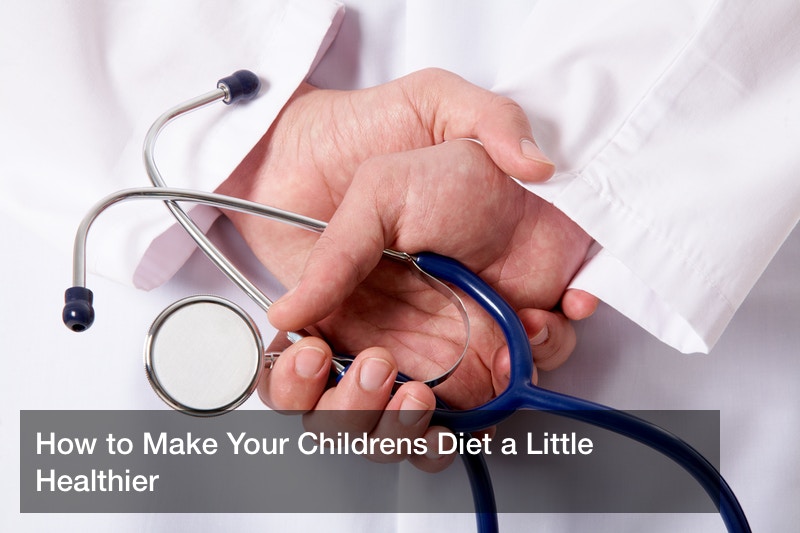

Coffee is one of America’s favorite beverages, but it’s had its ups and downs in the wellness community. Now, a recent study may put coffee back on the A-list when it comes to healthy drinks.
According to Scientific American, a group of German researchers were able to modify heart defects in mice with doses of caffeine. The study points to how caffeine may enhance the function of heart cells and even protect them from damage.
Joachim Altschmied and Judith Haendeler of Heinrich Heine-University in Düesseldorf, the lead authors of the study, said that it’s uncertain whether the findings of their study have any bearing on humans.
Still, Haendeler says the study shows that the idea that it’s best not to drink coffee with a heart condition isn’t true anymore.
Altschmied and Haendeler’s study is just one amongst a growing body of research pointing to the surprising health benefits of coffee.
Just last year, a study was published in the 2017 Annual Review of Nutrition that found coffee was not only associated with decreased risk for heart disease but also decreased risk for type 2 diabetes and many different types of cancer.
Altschmied and Haendeler’s study points to how the caffeine in coffee is able to do this. The caffeine increases the functional capacity of the cells that line the heart’s blood vessels.
Caffeine is able to do this by increasing the ability of the mitochondria to burn oxygen and turn glucose into energy. Mitochondria, the powerhouse of the cell, runs on a protein called P27.
Caffeine increases the amount of P27 in the mitochondria and thereby boost the mitochondria’s energy. In the study, the additional P27 provided to the mitochondria in the mice prevented damaged heart muscle cells from dying.
The researchers also said that the extra P27 triggered the mice’s cell creation and armed the cells with the ability to withstand further damage. It also promoted prepared to the blood vessel linings and repairs in the inner chambers of the heart.
It may be noted that these results don’t point to a single preventative for cancer, heart disease, and diabetes. Health experts still recommend Americans drink plenty of water to stay healthy (especially during the summer).
Lack of exercise is also a potential risk factor for these chronic diseases. Although many Americans spend their free time using technology and social media (Facebook has up to 1.97 billion active users around the world every month) it’s critical to get at least 30 minutes of exercise every day.
“If you hear about this study and decide to drink coffee but you do nothing else—no exercise, no proper diet—then, of course, this will not work,” said Haendeler. “You cannot simply decide, ‘Okay, I’m sitting here and drinking four, five, or six cups of coffee and everything is fine.'”



